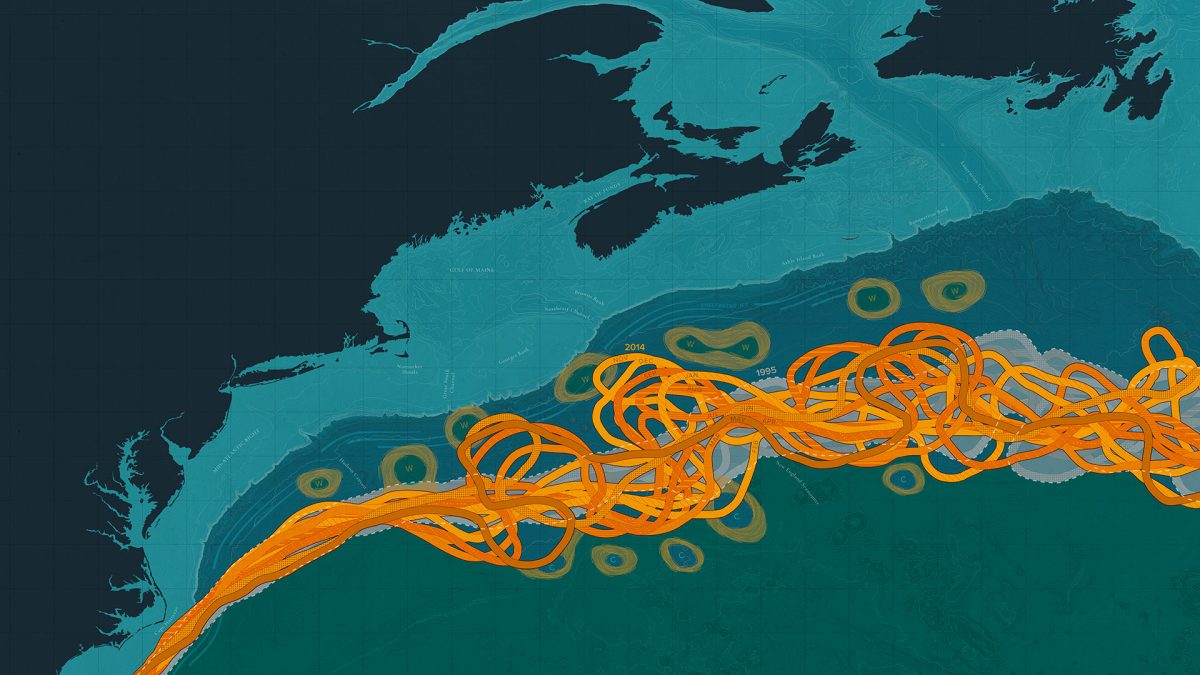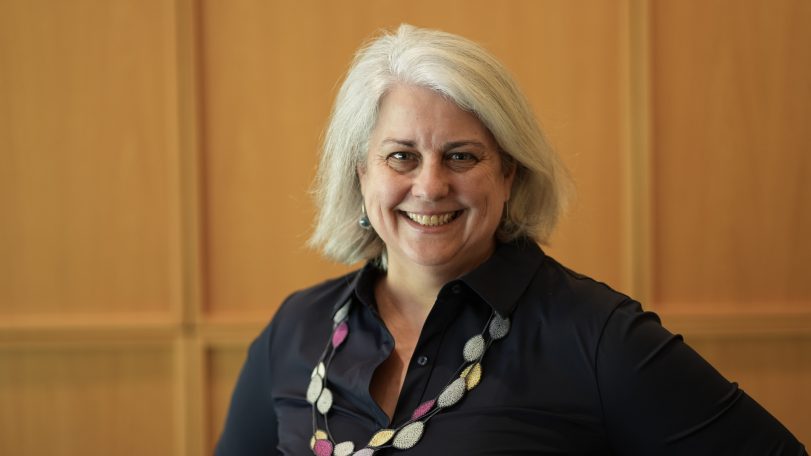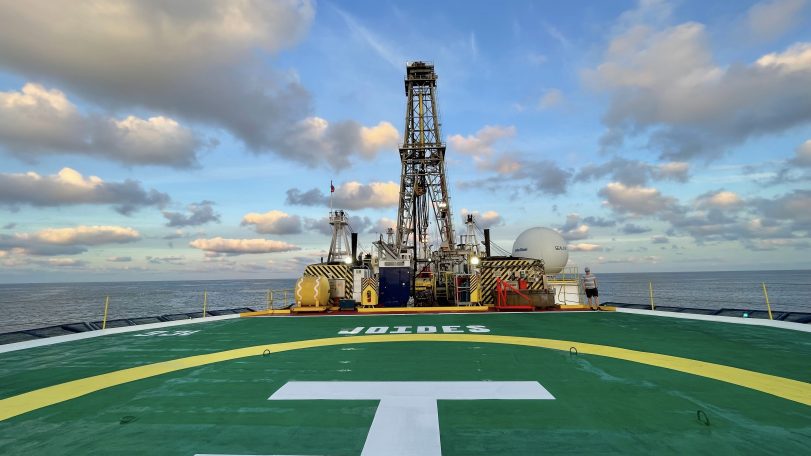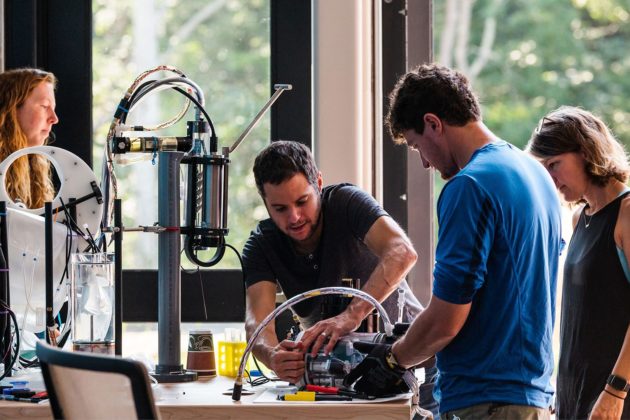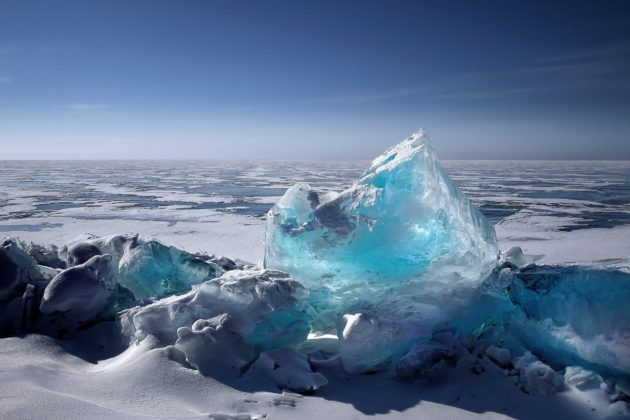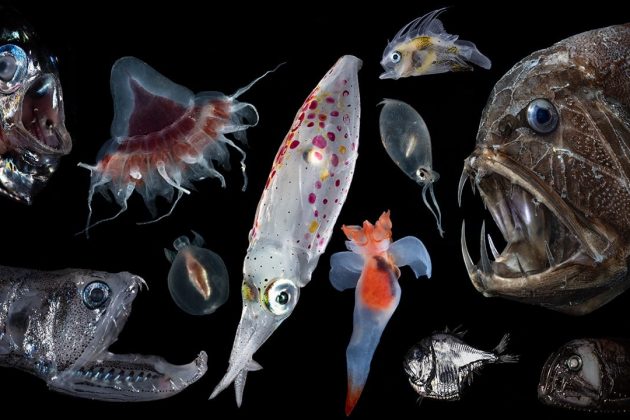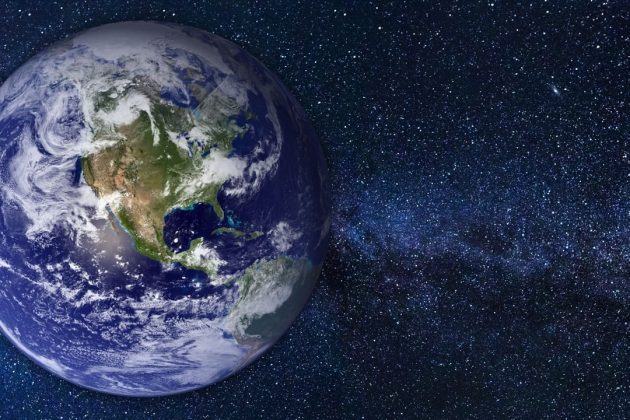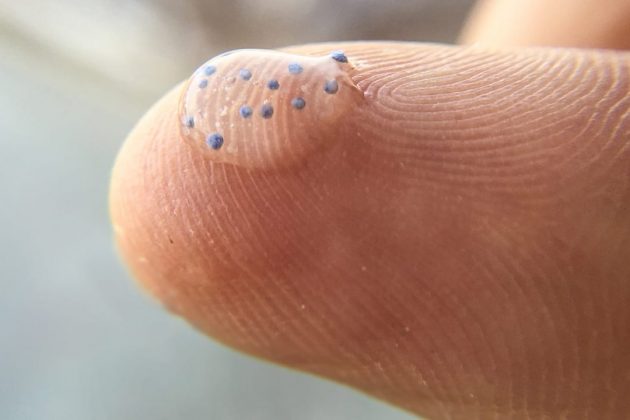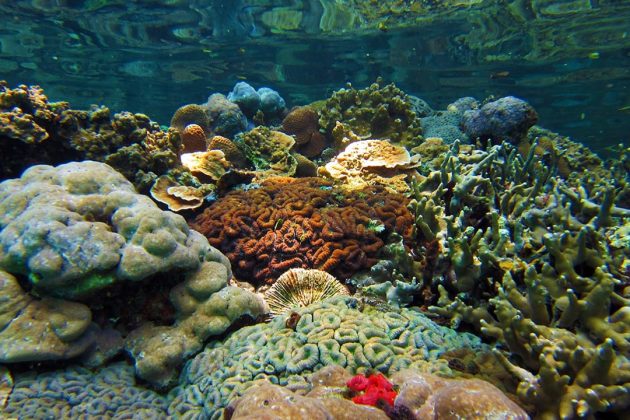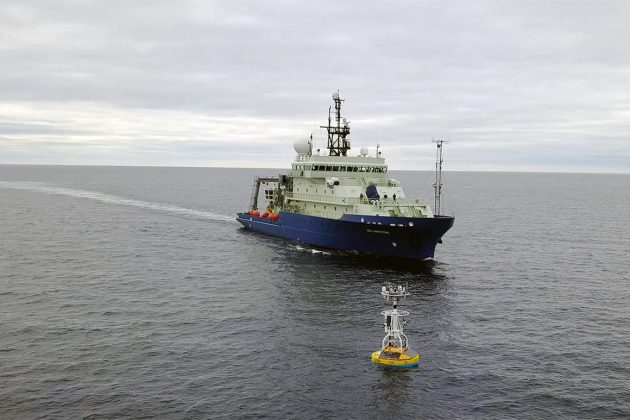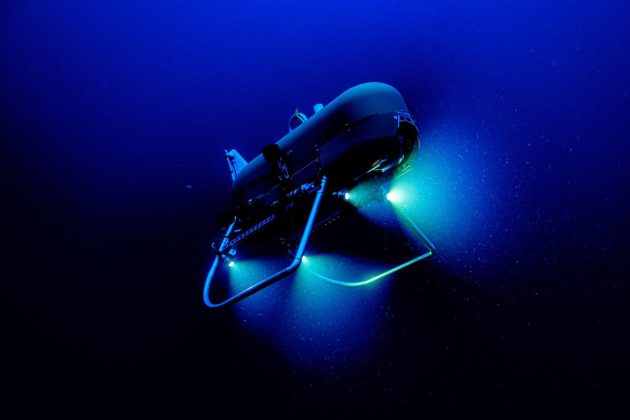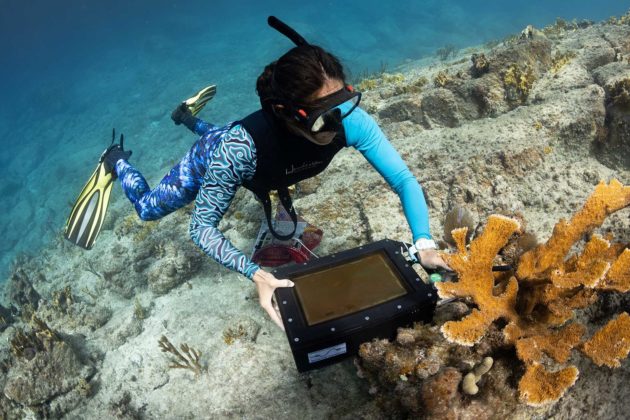Woods Hole Oceanographic Institution (WHOI) is the world's premier independent organization dedicated exclusively to ocean research, technology, and education. We combine state-of-the-art science, engineering, and ship operations to unravel the mysteries of the deep and devise science-based solutions to planet-wide problems.
📻 Ready to liven up your morning drive? Listen to the new #Oceanus #Podcast!
🔊Get the stories behind the science– made audible for you!
📲Subscribe wherever you like to listen, or tune in at the 🔗 in our profile!
Nov 22

😲 Have you heard about #Tico, the endangered #manatee? After years of rehab with @ongaquasis, he was finally released into the wild. But soon, he got caught up in a fast-moving current.
Thanks to the dedicated staff at Aquasis and sleuthing by #WHOI oceanographer Iury Simoes-Sousa, Tico was located off the coast of Venezuela. With a little help from his human friends, he`ll soon return to the seagrass meadows of Brazil.
📲 Follow Tico`s 2,500-mile journey at the 🔗 in our bio!
📹 by Rachel Mann © Woods Hole Oceanographic Institution
Nov 21

Paper or #plastic? When it comes to #straws, both have serious drawbacks. That`s why #WHOI scientists have partnered with chemical maker Eastman to create a consumer-friendly alternative to ocean-polluting plastics. 🧃🥤
Crafted from foamed cellulose diacetate (a material made from wood polymer), these straws degraded by 70% in just nine months of exposure to seawater. That`s four times faster than paper and 1,000 times faster than traditional polystyrene straws!
📲 Swipe to see the differences, then learn more about this biodegradable material`s potential at the 🔗 in our profile!
📸 by Bryan James © WHOI
#plasticalternatives #solutions #sciencesolutions #betterlivingthroughchemistry
Nov 21

#Throwback to the old way of initiating new #Alvin pilots, circa 2006!
After completing his first solo dive as the deep-sea sub’s 36th pilot, Mark Spear was greeted with a muddy baptism by fellow pilot Gavin Eppard on the deck of @rv.atlantis
“Actually, I think I was lucky, because in the past, kitchen garbage has been used, and that smell lasts for days,” Spear later told WHOI’s Oceanus magazine.
Scientific observers used to endure a cold water soak after their first ALVIN dives, but the practice has been discontinued.
🤔What would you prefer– a mud bath, or a card?
📸by Jeremy Potter, NOAA Office of Ocean Exploration © WHOI
Nov 21

🪿🪶🧹It`s a bird... it`s a tickling device... it`s a bunch of #featherduster worms!
Like other #filter-eeders (and your household feather duster), these marine #polychaete #tubeworms help keep their habitat clean by filtering plankton and organic matter out of the water.
By waving their ornate "feathers," the worms create a gentle current that directs food toward their sticky tentacles. Once enough accumulates, it slides into their mouths. Who knew cleaning could be so satisfying?
This image, magnified about 15 times, is from a specimen in the Caribbean Sea.
📸 by David Caron © WHOI
Nov 20

💊🪸Could a #multivitamin help save #coralreefs? Preliminary data says... yes!
Like humans, these marine ecosystems rely on nutrients in the environment surrounding them. #WHOI #ReefSolutions experts have developed nutrient-infused tiles that diffuse trace metals like manganese and zinc to help boost corals` immune systems, making them more #resilient to heat stress!
📲 This #CoralReefAwareness Month, learn more about this ongoing work at the 🔗 in our profile!
#GiveReefsAChance
Nov 20

OUR WORK
WHOI is at the forefront of groundbreaking science and technology development, unlocking the mysteries of our ocean, its connections to life on Earth, and solutions it may hold to some of our most pressing environmental challenges.
Our scientists and engineers lead more than 800 concurrent projects, tackling some of the most challenging and important problems of our time, from climate change and ocean pollution to sustainable food and energy production.
We operate a fleet of research vessels and vehicles, including two large ships (R/V Neil Armstrong and R/V Atlantis), a smaller coastal research vessel, the iconic human-occupied submersible Alvin, and dozens of other underwater robots.
Through our higher education programs, including the prestigious MIT-WHOI Joint Program, we train new generations of ocean scientists, engineers, and leaders-providing access to cutting edge facilities and unparalleled access to the sea.
WHOI plays a leading role in ocean communications, sharing our insights and knowledge about the ocean to the general public, policymakers, educators, and more, so we can make wise decisions about our ocean, our planet, and our future.
FEATURED PROJECTS
We have over 1,000 scientists, engineers, technicians, and support staff working around the globe and cutting edge laboratories to push the boundaries of knowledge about the ocean.

